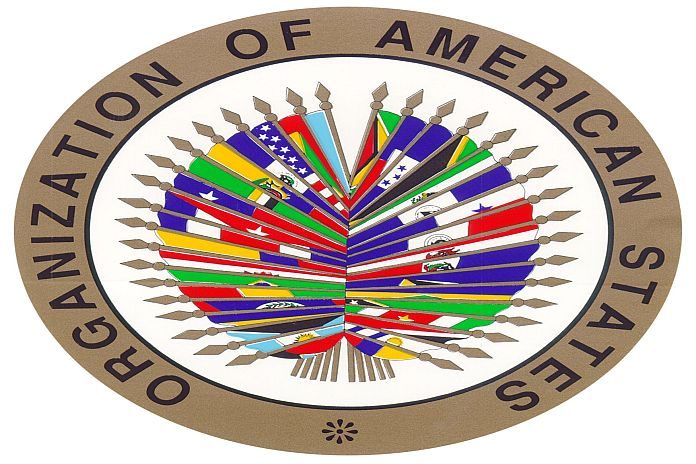SANTO DOMINGO, Dominican Republic – The Electoral Observation Mission of the Organization of American States (OAS) in the Dominican Republic, led by former president of Chile Eduardo Frei Ruiz-Tagle and present in the country since January 7, recognizes the Dominican people for their perseverance and commitment to democracy, demonstrated in the special municipal elections Sunday, March 15, 2020.
These elections were held in a highly complex context, after the unprecedented suspension of the elections on February 16, 2020, due to widespread failures of the automated voting equipment. Taking these circumstances into account and at the request of the authorities, the Mission maintained its presence in Dominican territory uninterruptedly since its arrival in early February. Through a technical team specialized in electoral organization and technology, the Mission sought to contribute specific recommendations for the proper conduct of the special elections.
In its preliminary report, published Monday, the Mission acknowledges that the organization of unplanned elections, in less than a month and two months from the presidential and congressional elections, involved an extraordinary effort by the electoral authorities. In this regard, it congratulates the resolve with which the staff of the Central Electoral Board (JCE) resumed the course of their duties under great political and social pressure.
Likewise, it celebrates the close accompaniment of the parties in all the decisions that made these elections possible and reiterates its appreciation to the main political leaders of the country, for their call for peace, dialogue and the exercise of the right to vote. The Mission stresses that the JCE opened spaces for exchange and decision-making with political organizations and citizens, responding to a recommendation by the OAS Mission.
It also expresses its hopes that this attitude transcends the current electoral cycle and that civil society continues to take ownership of a democratic process that belongs to it fully. Every electoral system is strengthened by transparency, dialogue and inclusion.
Additionally, the Mission highlights that in the days before the March 15 elections, incidents and acts of violence decreased, compared to those that occurred prior to the suspended elections on February 16.
Since its arrival in the country, the Mission carried out a detailed analysis of substantive issues, particularly in terms of electoral organization, electoral technology, political financing, electoral justice, and women’s political participation. In order to gather diverse perspectives and understand the concerns of multiple actors in the process, the Mission met with political, administrative and jurisdictional authorities, as well as with presidential candidates, candidates for local governments, representatives of political parties, and representatives of non-governmental organizations and civil society, academics and experts, among others.
For the special elections of March 15, the Mission was made up of 36 observers and specialists from 16 nationalities.
The full document of the preliminary report contains a series of findings and recommendations that seek to contribute to the successful organization of the May presidential and congressional elections, with special emphasis on electoral organization and technology.
At the request of the JCE, and OAS technical team is currently conducting an audit of the computer system used in the suspended elections, in order to determine the causes of the failure. The work and findings of that audit are independent of the work of this Mission.





